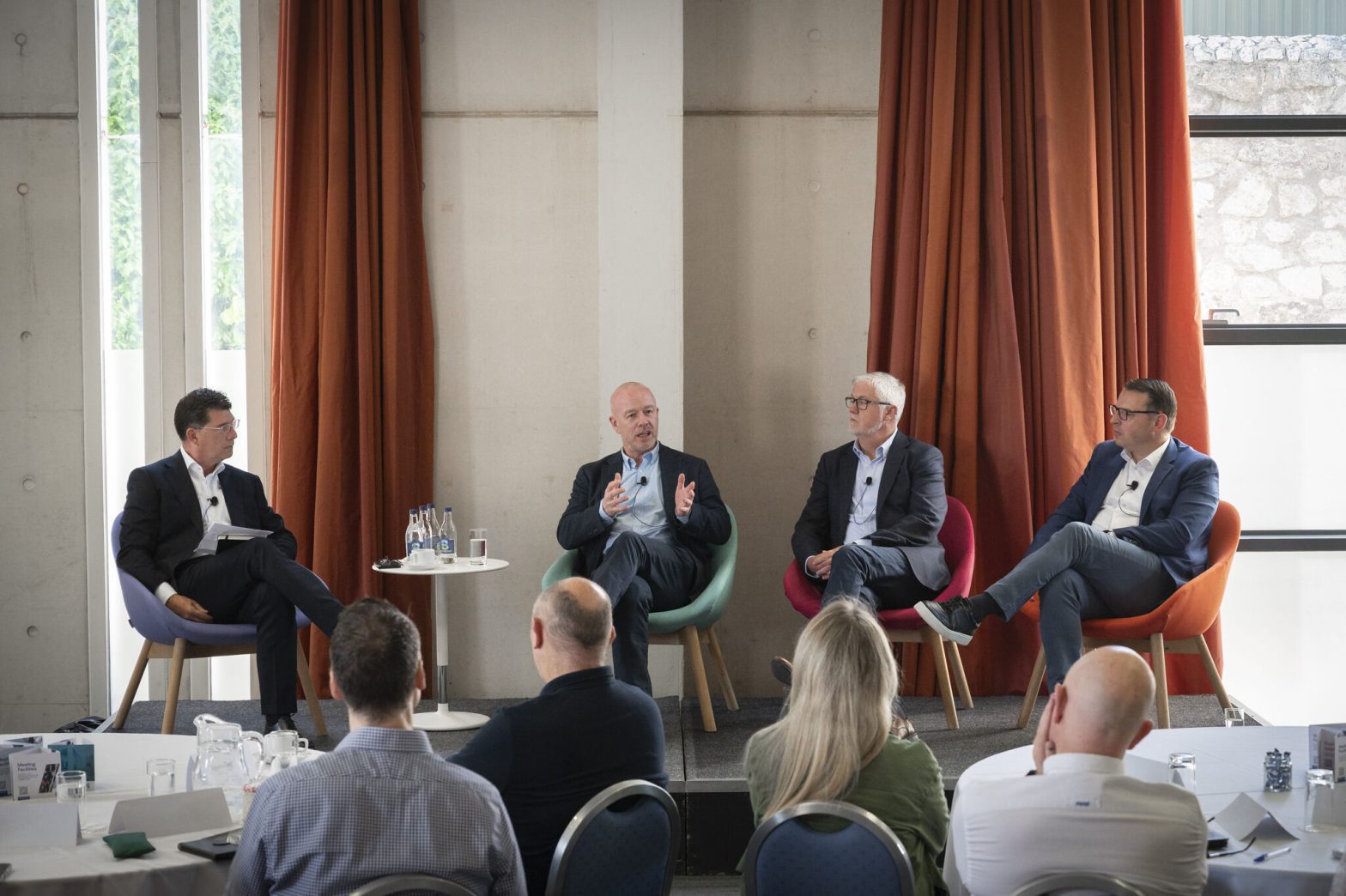Six Words of Wisdom with Cali Yost
By Cali Yost | 17th September 2020
Six Words of Wisdom from 2020 National Management Speaker, Cali Yost.
Based on your current work – if you had only six words of advice to give a business, what would they be?
Reimagine work: how, when and where.
What does this mean?
The pandemic collectively forced organizations worldwide into a flexible and remote work experiment for which many were unprepared. Not only did this ensure safety and operational resilience during the crisis, but it’s opened the door to reimagine how, when and where work can be done next.
With the flexible work genie out of the bottle, now is the opportunity to consider what a dynamic, nimble onsite and remote work model could look like. One that could benefit the business in terms of operating performance, innovation, responsiveness and talent management, but also impact employee health and well-being. Only this time with strategic, intention, not as an overnight response to a crisis.
The pandemic proved work is a WHAT we do, not WHERE we go, in which managers and employees share leadership to determine together what needs to get done. Then, how, when, and where to do it best. One-size will not fit all.
To start this cultural and operational shift and prepare to reach new levels of performance and flexibility, now is the time to leverage successes, lessons and challenges experienced over the past few months. Next, explore the possibilities of what can be done better, smarter, and more effectively going forward. Then, provide proper training in the new skills and tools of strategic, high performance flexibility that everyone at all levels will require for success. Make sure the resources exist to not just reimagine work but make that vision a reality. This can be and is the future of work.
Where should we look for further information?
Read why flexible work can help save the economy and research outlining how investment in training and resources yields transformational results.
For more on IMI’s 2020 National Management Conference, go here.



